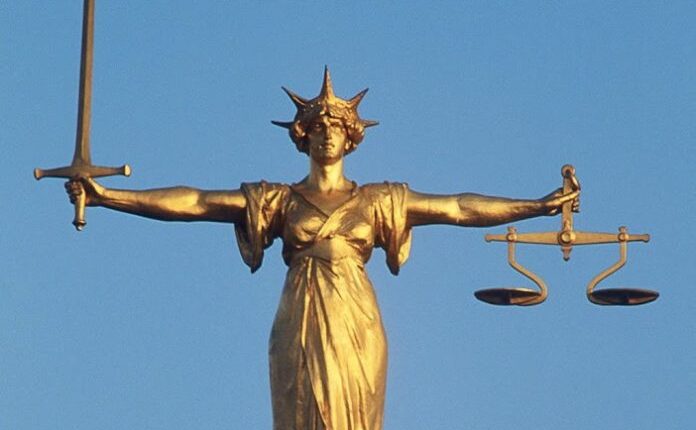Twist in N300m Gold Heist Trial: Defendants Accuse Judge of Bias, Demand Case Reassignment
The high-profile trial of three defendants accused of stealing gold jewelry worth N300 million took a dramatic turn on Tuesday as the accused asked the presiding judge, Justice Njideka Nwosu-Iheme, to step aside over claims of bias.
Rukhayat Usman Abbeyson, her mother Lauretu Ahmed, and her brother Sagir Ahmed filed a motion through their counsel, Senior Advocate of Nigeria Ishaka M. Dikko, alleging that the judge’s impartiality was compromised by prejudicial remarks made in court.
Central to their claim is an incident during an arraignment hearing on June 4, 2024. According to a sworn affidavit by Sagir Ahmed, Justice Nwosu-Iheme allegedly stated in open court, “Are these not the people that stole gold worth N300m and there is a voice recording of them confessing to it?”—a comment the defense says violates the principle of presumption of innocence.
The defense further cited the judge’s initial refusal to grant bail—despite the offences being bailable and the 1st defendant being a nursing mother recovering from a caesarean delivery—as evidence of unfair treatment. They are urging the Chief Judge of the FCT High Court to reassign the matter to another judge.
In opposition, prosecuting counsel Adama Musa argued that the motion lacked substance and was merely an attempt to intimidate the bench. He said the court acted within its rights in refusing bail and that no misconduct had occurred.
After listening to arguments from both sides, Justice Nwosu-Iheme reserved her ruling on the recusal motion for a date yet to be announced.
The defendants are facing charges of conspiracy and theft following a March 23, 2024 incident in Jabi, Abuja, where they allegedly stole gold from Hajia Halima Suleiman, a businesswoman and employer of the 1st defendant, Abbeyson. The prosecution claims she exploited her access to the complainant’s private safe to carry out the theft.
Evidence before the court includes digital communications, witness statements, bank records, and photographs of the stolen items. The defendants deny all charges and insist they are being wrongfully accused.
The case continues to draw public attention not just for its financial stakes but also for what it reveals about tensions between defendants and the bench in high-value criminal trials.

